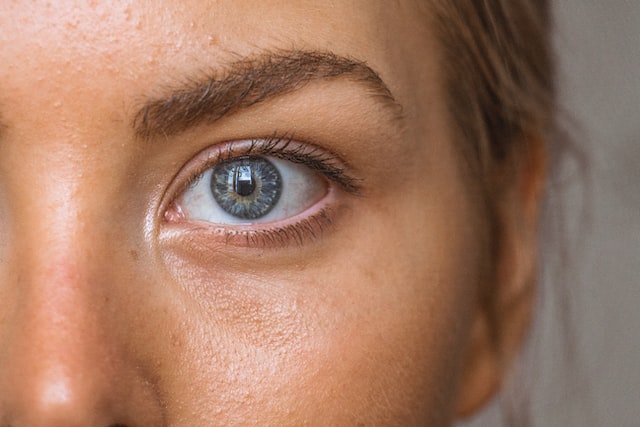Caring for acne-prone skin comes with more than just using blemish-busting products. It involves lifestyle changes too, the main one being changing and improving your skin care routine to prevent the spot outbreaks and boost your self-esteem
What is acne-prone skin?
Noninflammatory acne refers to clogged pores that appear as blackheads or whiteheads. It is the mildest and easy to spot. Blackheads have a dark appearance to them, which are majority of the time flat against the skin and whiteheads are small skin-covered bumps.
Inflammatory is anything that is red or robust in appearance. This ranges from papules and pustules to more severe type cysts. Papules are small red bumps, while pustules are small bumps which contain pus. Most of the time, papules will turn into pustules, which is where we become tempted to pick and pop!
What causes acne?
Acne is caused by a combination of hormones, bacteria, and oil. When oil, dead skin cells, and bacteria clog the follicles, sebum cannot escape the pores. This then turns into acne.
Causes of acne can be:
- Your follicles producing too much oil
- Dead skin cells accumulating in your pores
- Bacteria building up in your pores
Though, over producing of oil is usually down to hormonal changes like:
- Puberty
- The menstrual cycle
- Pregnancy
- Menopause
This is why hormonal birth control may help manage acne symptoms for some people.
Acne and skin types
Acne is commonly linked to oily skin. After all, we now know excess oil is the known main contributor to breakouts. But dry skin types can still experience acne for a number of reasons, whether it is weather change or poor skin care routine that irritates the skin and clogs pores.
Knowing what your skin type is can help you care for your acne in the best way possible!
Easy way to work out your skin type
First, wash your face with a mild baby soap and gently pat dry (do not apply any skin care products). Then a couple of hours later examine your skin. If it is shiny, you have oily skin. If it appears flaky, rough, or red, you have dry skin. Combination skin will appear fry on the cheeks and shiny on your forehead, nose, and chin.
Preventing breakouts
Treating acne does not involve trying different products. It includes cleansing as well as lifestyle changes.
Effective prevention includes:
- Washing your face twice a day
- Being gentle with your skin, avoiding harsh scrubs
- Do not pick or pop, its tempting but do not do it
- Wash things regularly that come into contact with your skin
- Staying hydrated
- Beware of diet and supplement claims
Having a healthy relationship with your skin and knowing what works best with it, will allow you to tackle the acne and feel good about yourself.
If you are looking for products to help support acne-free skin, check out our website where you will find plenty of products that you are going to love!
Below we have listed some of our cleansers we think will help tackle the acne outbreak.
Activated Deep Pore Cleanser- Charcoal, Aloe, and Algae.
Give your pours a deep clean with our deep pore cleanser. This is a great product which should be added to your skin care products.
If you are not sure on what to buy, why not try our 3 piece cleansers. Perfect to help you to get to know your skin and what it likes.

